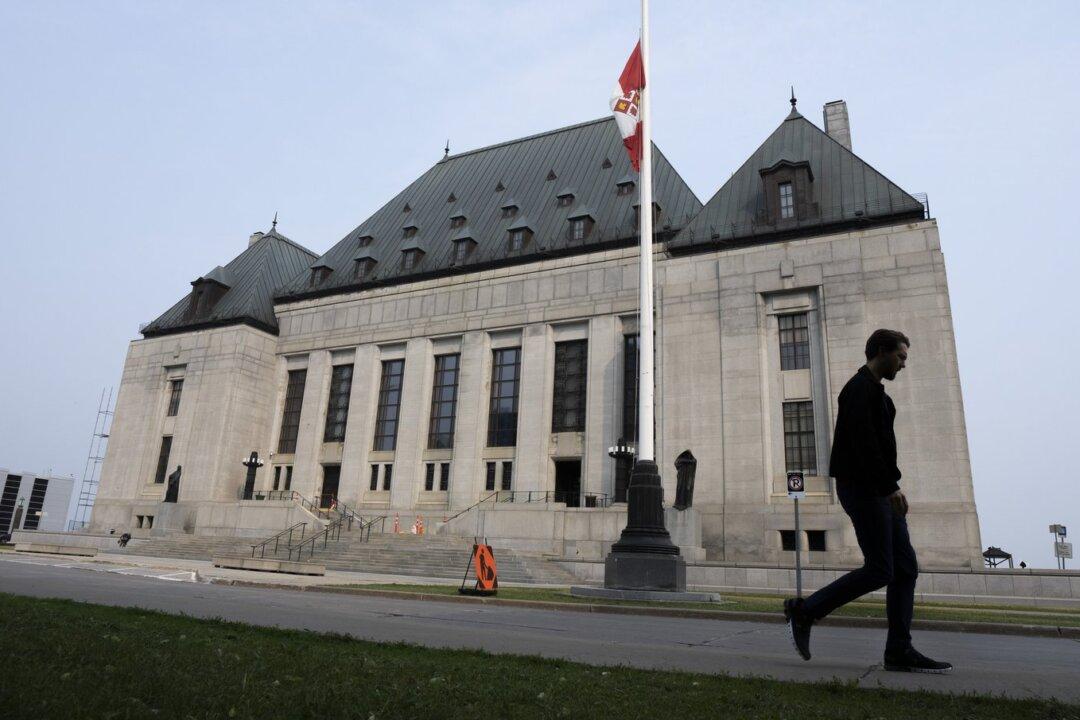Commentary
Can you think of a better time to tell Jews to keep their symbols out of our public spaces than while Hamas supporters roam Canada chanting “From the river to the sea, Palestine will be free?” Moncton City Council apparently couldn’t.

Can you think of a better time to tell Jews to keep their symbols out of our public spaces than while Hamas supporters roam Canada chanting “From the river to the sea, Palestine will be free?” Moncton City Council apparently couldn’t.